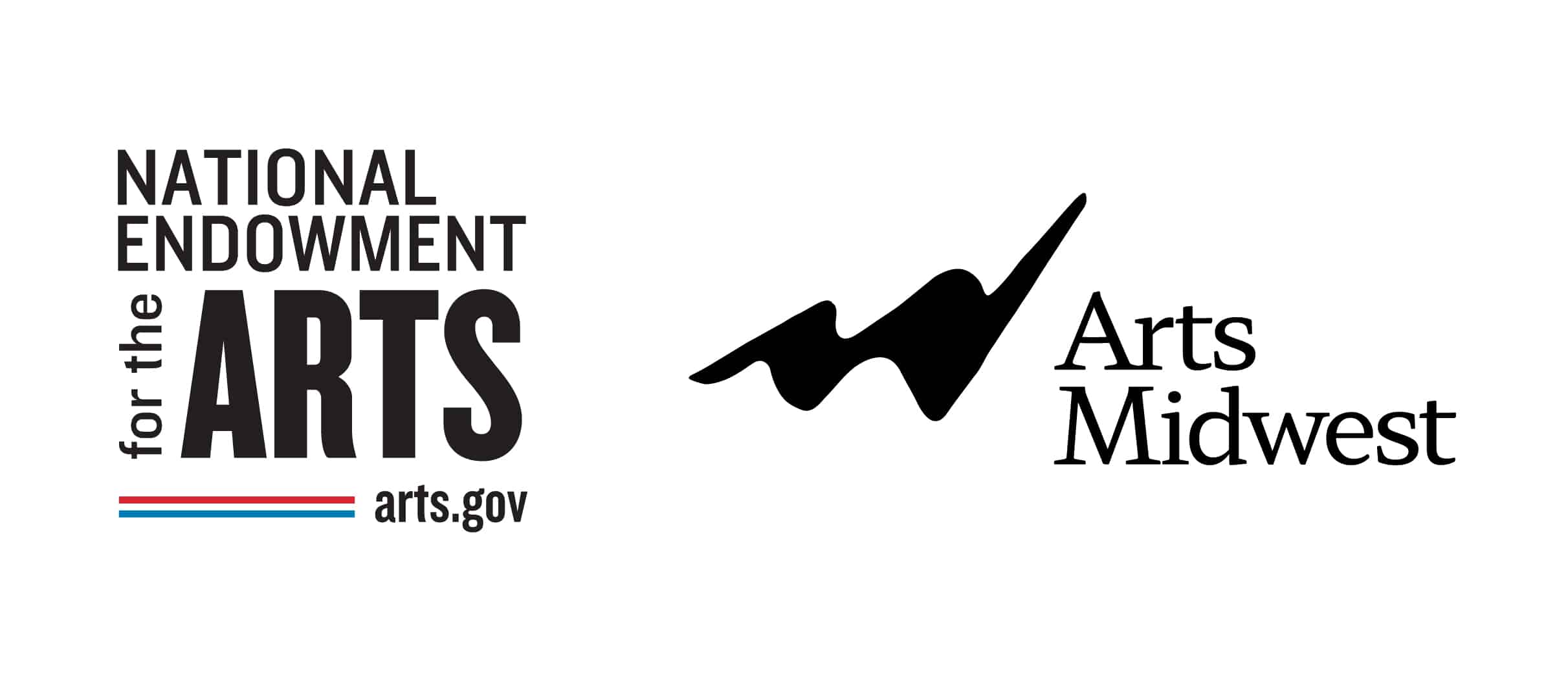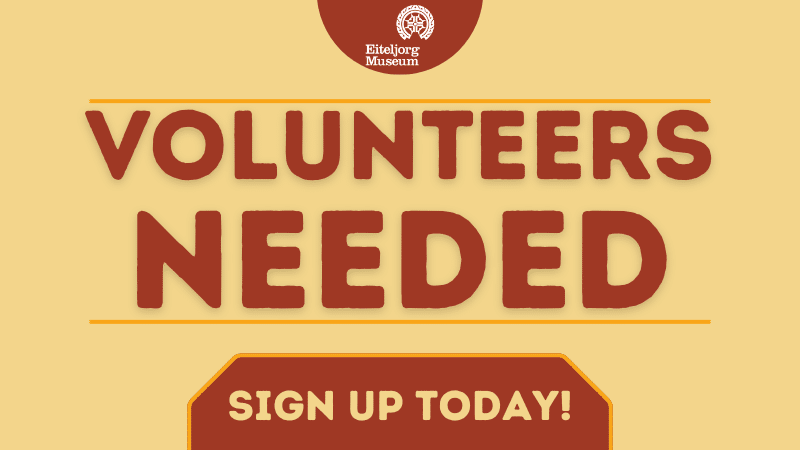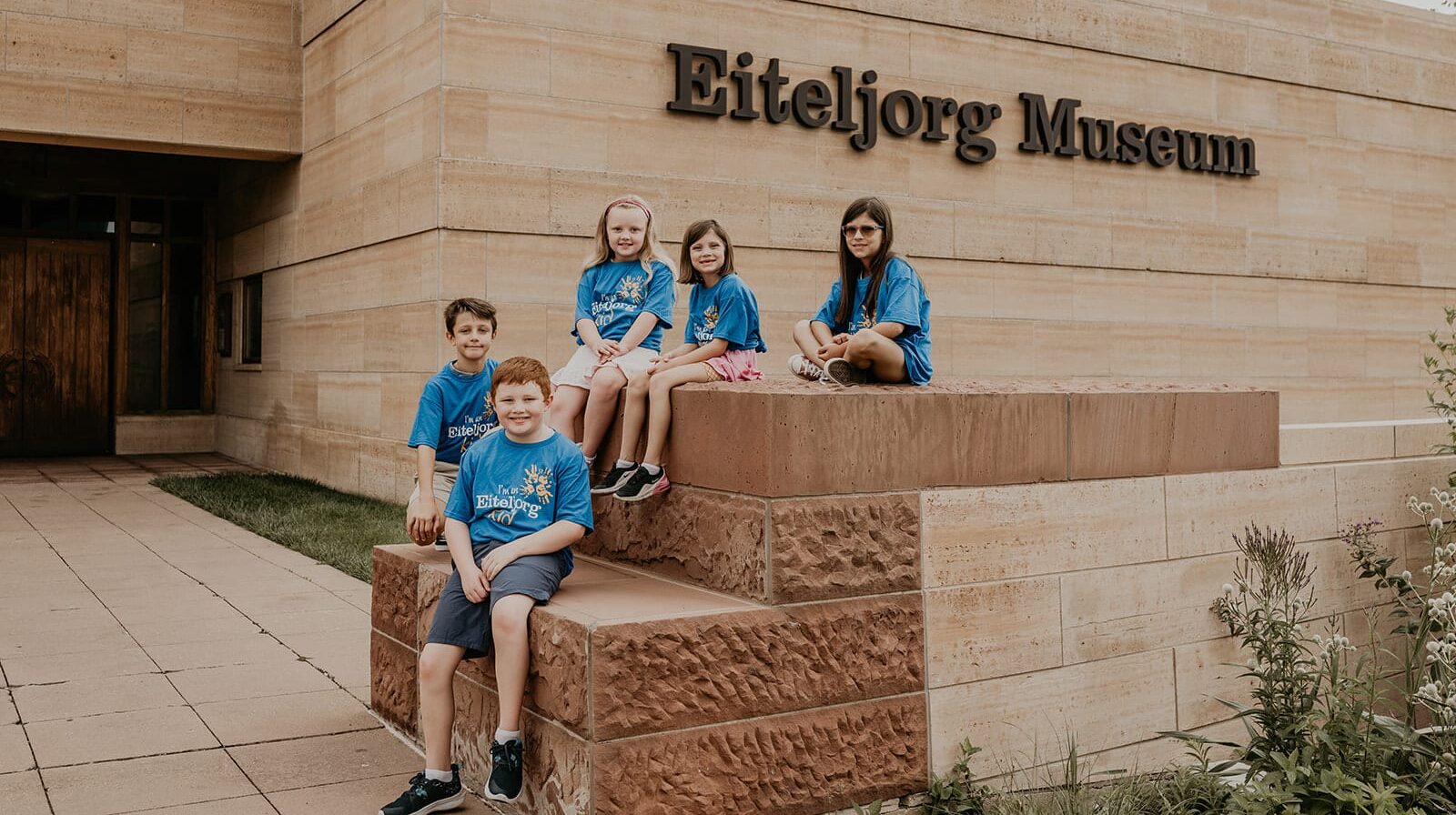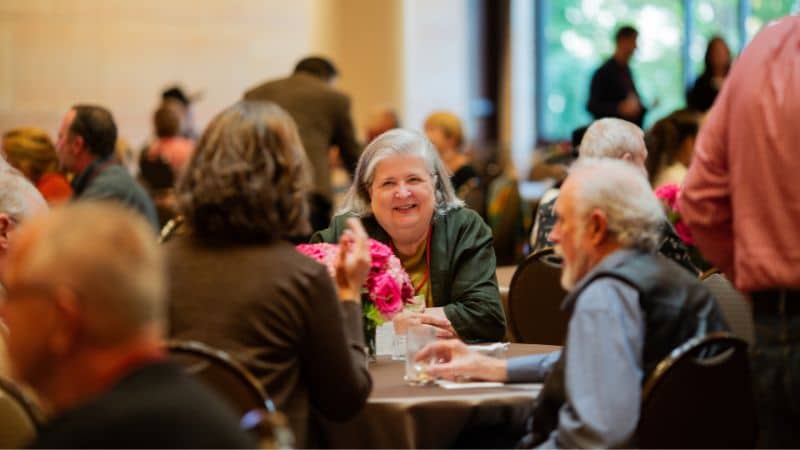Eiteljorg Insider: A Conversation with Award-Winning Poet Dr. Elise Paschen
By Camryn Daniels, Eiteljorg marketing and communications intern
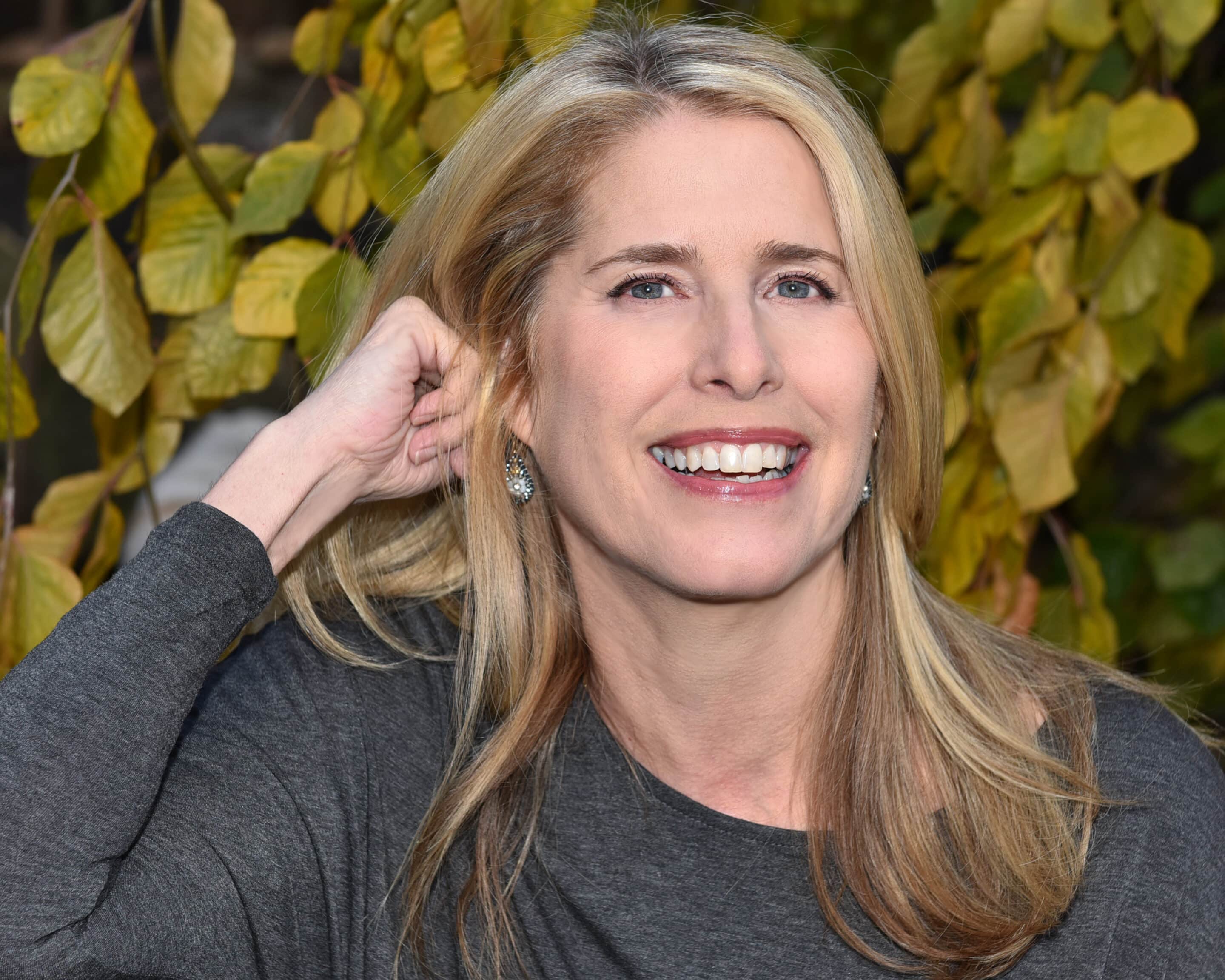
Elise Paschen, enrolled member of the Osage Nation, is the Eiteljorg’s upcoming artist in residence. Dr. Paschen will showcase her award-winning work during this rare springtime artist residency. As a poet, her medium is words and language rather than visual art.
Dr. Paschen, who earned her bachelor’s degree at Harvard University and master’s and doctorate degrees at the University of Oxford, is based in Chicago. She took time to speak with the Eiteljorg Blog and preview her artist in residence events at the museum, March 30-April 1. The comments below have been lightly edited for space and clarity.
Q: This is the first time the Artist in Residence program here at the museum is focusing not on visual art, but words. What kind of presentation can visitors expect and what do you hope they will take away from it?
I am a poet and will be sharing my work with them . . . . I will convey to them the magic and the beauty and the immediacy of poetry, and how a poem can alter your view of the way you see the world and how we turn to poems during important moments of our life — when somebody’s born, or when someone gets married or at a funeral service. So, just the wide-ranging universality of the poetic language and how, I hope, people can be touched by poems in the way that I’ve been touched by poems in my life.
Q: Do you incorporate terms from the Osage language or concepts and ideas from Osage stories and culture into our poems?
Yes, I do. I’ve recently been working on a new book called Heritage of the Blood Wolf Moon. I’ve been working on translations where I’m inspired by the words in the Osage dictionary and have written several poems using the English translation, the phonetic Osage, as well as the Osage orthography. If visitors want to get a sneak peek, some of these translations were published in the July/August 2022 issue of Poetry Magazine.
Q: Many followers of the Eiteljorg Museum will be intrigued to learn that you are the daughter of Maria Tallchief, one of America’s most famous ballerinas. How has your mother’s ballet career onstage inspired you as an artist in the poetry space?
Well, I was my mother’s only child, and I grew up the first seven years of my life as a backstage baby. I got to watch my mother perform, and her performances inspired me in terms of seeing somebody who would devote her entire career to her art form. I understood that I should find something like that to be passionate about . . . . I was surrounded by classical music and ballet and it sparked my imagination … I started writing poems when I was about eight years old, and my mom and my dad had given me an anthology called The Oxford Book of Children’s Poetry. I remember reading William Blake’s The Tyger and memorizing it, and then also writing one of my first poems when I was in second grade and getting it published in the school literary magazine. I was very lucky that at a young age I discovered poetry.
Q: What is the most valuable lesson you learned during your time as executive director of the Poetry Society of America and editing anthologies by other talented poets?
When I was running the Poetry Society of America, one of my missions was to present the work of Native American poets, as well as Caribbean, African American, Hispanic, Asian — diverse poets I was trying to really show the multiplicity of voices in contemporary American poetry. I was able to get a grant from the National Endowment for the Arts, to bring Joy Harjo and Luci Tapahonso to England on a reading tour. I think that that was the first Native American women’s poetry tour in England.
I was a co-founder of Poetry in Motion® (a program that put poems on buses and subways) . . . . The Poetry Society’s mission was to put poetry at the crossroads of American life and to surprise people with poetry in their everyday movements. So when I left the Poetry Society in 2001, Poetry in Motion was running in 13 cities across the country, and we were reaching over 13 million people a day with poetry. It was pretty amazing.
Q: As a teenager, you entertained thoughts of being a Shakespearean actress. What parts of being a poet satisfy you in the same ways as you imagined being an actress work?
I think that I was really lucky to study acting at a young age. I went to the Royal Academy of Dramatic Art, so I really wanted to become a Shakespearean actress. I love Shakespeare. When I was younger, I wrote a long poem, modeled after Venus and Adonis, and I embraced being on the stage. The part of Shakespeare that I enjoyed was the recitation; I was very good at speaking the language. I was less natural as an actress in terms of just movement and acting the part. But in a way, I was able to distill some part of acting when I ended up really focusing on writing poetry, because as a poet, . . . you are on stage a lot, so you need to enjoy being up there and speaking in front of an audience.
Q: What have you learned from your students in the MFA writing program at the School of the Art Institute in Chicago?
I learn something from them all the time; they are a great inspiration to me. Many of them write poems or many of them start writing poems with me, but they also could be non-fiction writers or fiction writers, (or) playwrights . . . . During COVID-19, I had two students that really stood out. One was a chef, and her name is Iliana Regan. She wrote a memoir called Burn the Place, and she took one of my poetry workshops. It was really interesting for me to see her discover poetry and for me to learn about her nonfiction world when I was reading her memoir. Another student that I had that really made an impression on me was a doctor, Phillip Cozzi. He was working on his manuscript, and we worked together on it … I was really impressed that he could balance writing poetry and also saving people’s lives during this terrible time.
Q: What is one of the poems that you will be presenting during your time as an Artist in Residence at the Eiteljorg?
Well, I will definitely be reading a poem called Wi’-gi-e. I have always been interested in Osage history… I focused on a particular period of Osage history called the Reign of Terror… This is a period of our history when the Osages were considered one of the richest people in the world because of the oil under their land. Outsiders came in and married Osage women and killed them for their headrights for this oil . . . . I ended up writing this poem called Wi’-gi’-e, which is spoken by Mollie Burkhart, whose sister, Anna Kyle Brown, was murdered during the Reign of Terror. Several years later, I was contacted by David Grann, a non-fiction writer, who said he was writing a book about the Reign of Terror . . . . He ended up using a line from my poem as the title of his book, which was Killers of the Flower Moon. And I believe my poem also helped him figure out how to write his book, because he told it from the perspective of Mollie Burkhart. He acknowledged me in the acknowledgments (of his book), and he published an excerpt of the poem in his book . . . .
So now, Martin Scorsese is in the process of making a film based on the David Grann book with the same title, Killers of the Flower Moon. And we’ve been trying for years to get acknowledgment (in the film). I don’t want to be erased, as somebody who is an Osage writer who wrote something that I think inspired the non-Osage writer who wrote a brilliant book . . . . I just found out about three weeks ago that my poem will be credited in Martin Scorsese’s film. (Editor’s note: Author David Grann spoke at the Eiteljorg in May 2022, and his nonfiction book “Killers of the Flower Moon,” available at the Museum Store, is the subject of the forthcoming feature film adaptation that Elise mentioned.)
The Eiteljorg is excited to welcome Elise Paschen to the museum. She will be hosting a Poetry Reading with Q&A and Book Signing that will take place at 6:30 p.m. Thursday, March 30, an open studio from 1 to 4 p.m. Thursday, March 30. A Member’s-Only Coffee and Conversation with Paschen will take place at 9 a.m. Saturday, April 1. Dr. Paschen will hold an open studio at the Eiteljorg from 1 p.m. to 4 p.m. Saturday, April 1.
This engagement is supported by the Arts Midwest GIG Fund, a program of Arts Midwest that is funded by the National Endowment for the Arts, with additional contributions from the Indiana Arts Commission.
